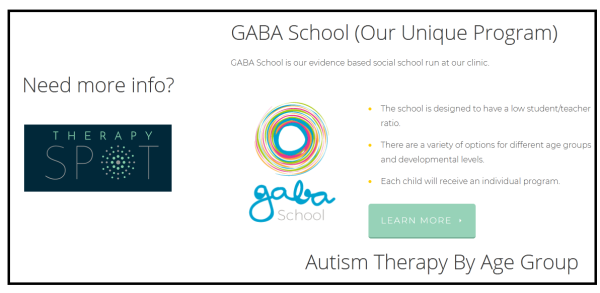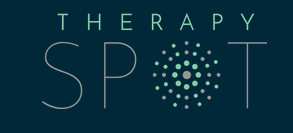A new online program for children with orofacial myofunctional disorder (OMD) will teach parents about the cause and consequences of OMD and how to manage the condition, courtesy of Therapy Spot. “Kids with OMD have trouble breathing, chewing, speaking, swallowing, and sleeping. There could also be problems with facial expressions and emotional well-being,” said a spokesman. “If left untreated, the condition can cause serious health and learning problems.”
OMD refers to a set of problems that can affect the lips, tongue, jaw, face, and head. OMD can be caused by a wide variety of factors, such as hereditary predisposition, neurological deficits, physiological abnormalities, long-term use of pacifiers or Sippy cups, and unhealthy oral habits.The condition can also be a symptom of certain syndromes and diseases.“The key is to catch the OMD early in childhood and to provide the proper treatment. If a child continues to have problems, a referral to a specialist may be appropriate,” the spokesman said.
According to Therapy Spot, the first sign of orofacial myofunctional disorder is usually difficult in breastfeeding. If a baby has difficulty latching on, or can’t suckle effectively due to the presence of a short and tight lingual frenum. With less use of this organ, it becomes weak and could result in the disorder. Over time, the child may have to undergo a frenectomy.

In other situations, the child may develop OMD later due to incorrect swallowing habits, such as drinking from a bottle or sucking a thumb. This can cause the tongue to rest in an incorrect position in the mouth, which can lead to muscle imbalance and other problems. The child may have a problem pronouncing certain sounds. The good news is that OMD can be treated with physical therapy that emphasizes the jaw, mouth, and tongue.
The dentist can help the child learn proper chewing habits. Myofunctional therapy comes in handy for treating tongue thrust. This is done to help the child avoid injury or trauma and to decrease the risk of recurrence. OMD children tend to be mouth breathers. This condition stems from the fact that the child’s breathing muscles are weak. As a result, the child has to use more effort to breathe, which could lead to snoring, sleep apnea, and even asthma.
This kind of problem can be prevented if the child learns how to breathe through the nose. A therapist can be helpful during this process. The professional may also suggest that the child wear a mouth guard at night to prevent teeth grinding. Additionally, there will be tips on how to improve the child’s posture.
About Therapy Spot
Therapy Spot is a comprehensive rehabilitation centre situated on Dufferin Steet, Toronto, Ontario, Canada. The organization specializes in paediatric therapies that range from physical to speech therapy. Each session is unique to meet a child’s needs, giving the individual a better and more fulfilled life. Currently, Therapy Spot offers teletherapy for patients who are unable to attend the clinic in person. This provision is available from Mondays to Saturdays.
Media Contact
Company Name: Therapy Spot
Contact Person: Media Relations
Email: Send Email
Phone: 416-546-3044
Address:1232 Dufferin St
City: Toronto
State: Ontario M6H 4C3
Country: Canada
Website: https://therapyspot.ca/

